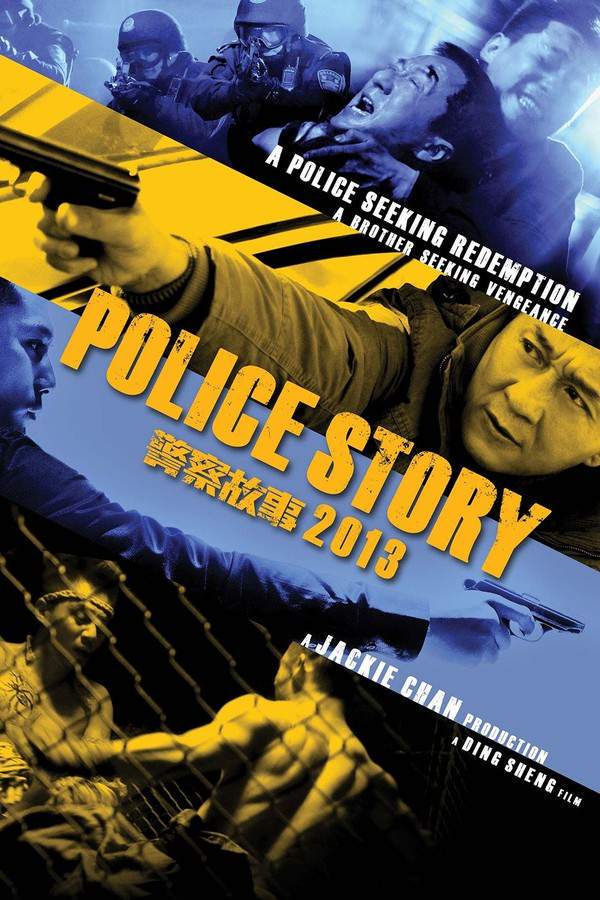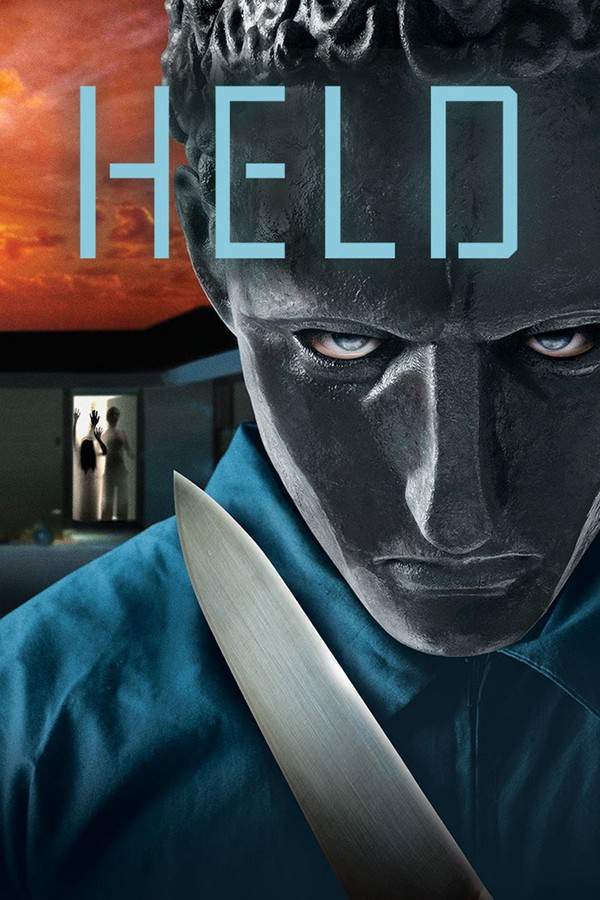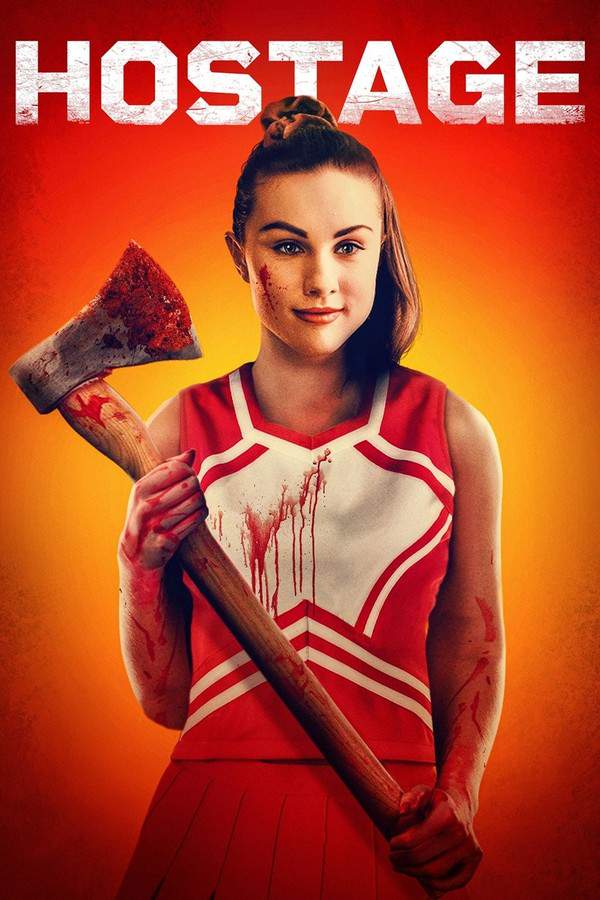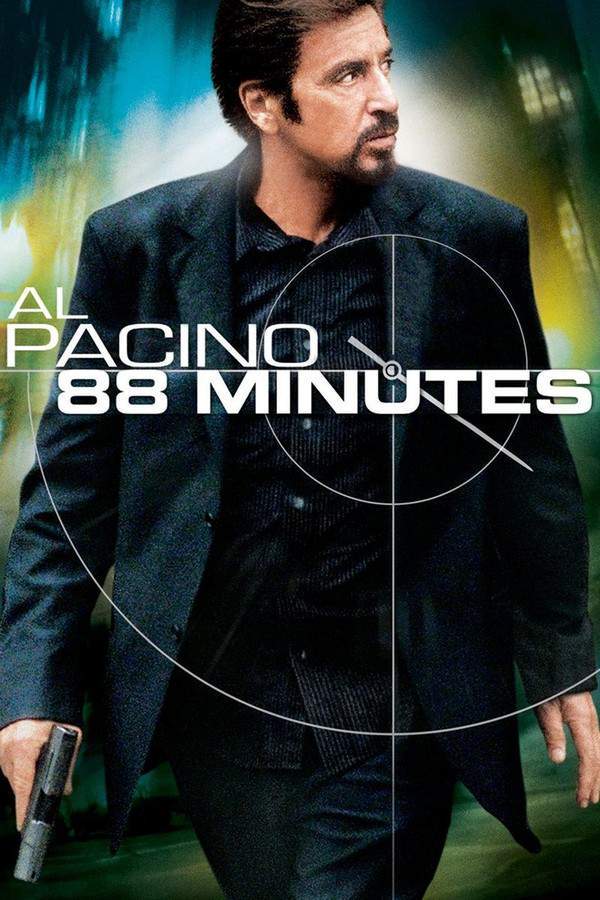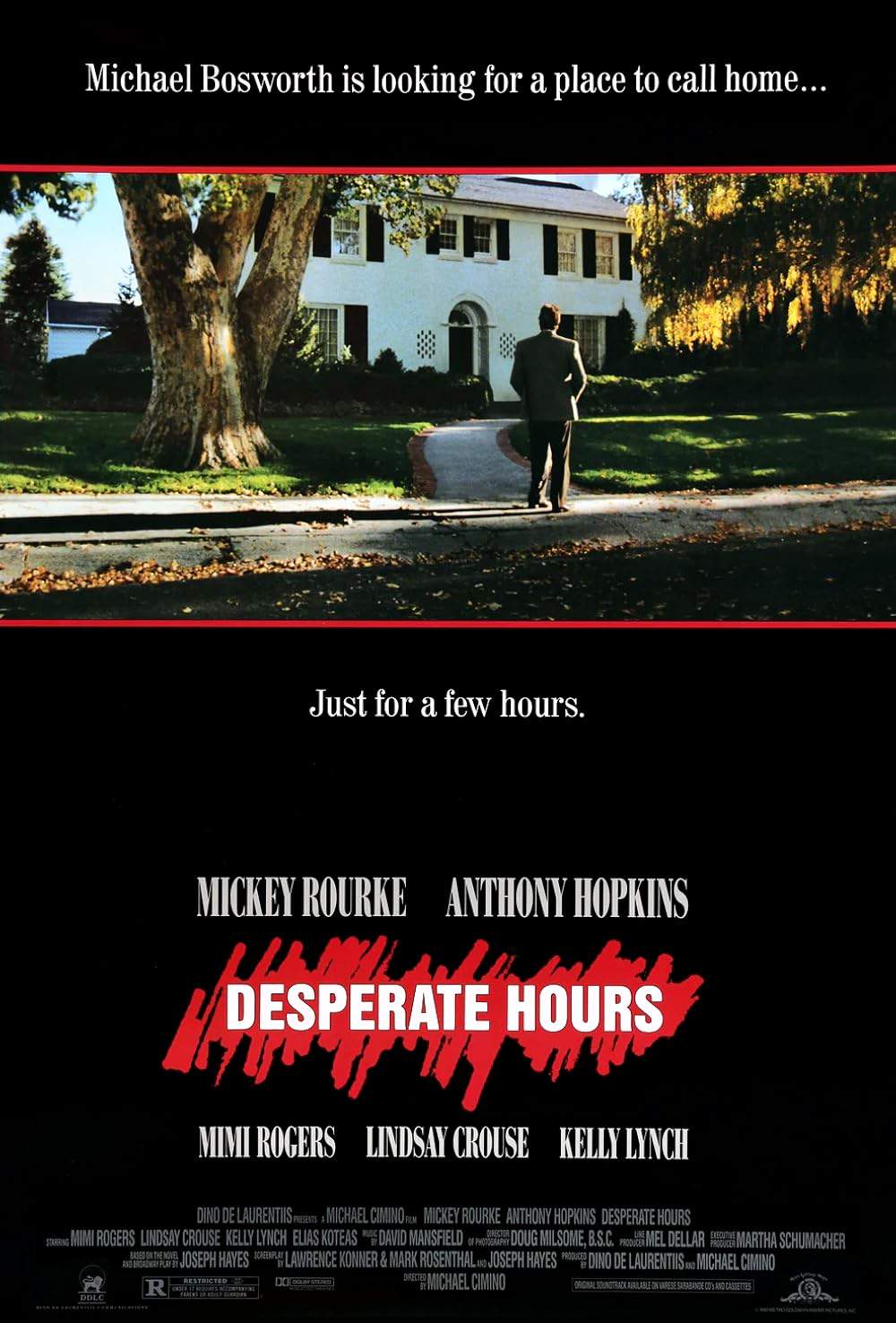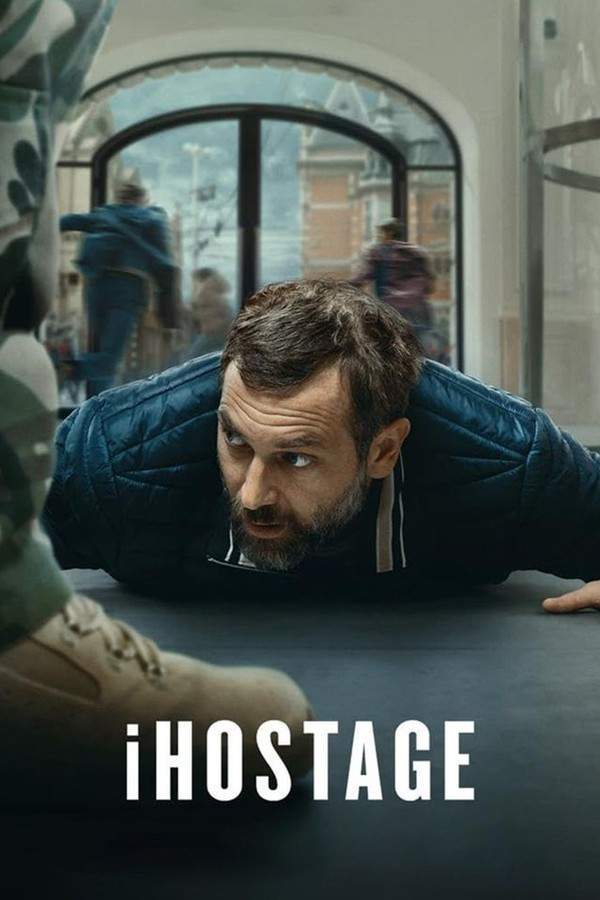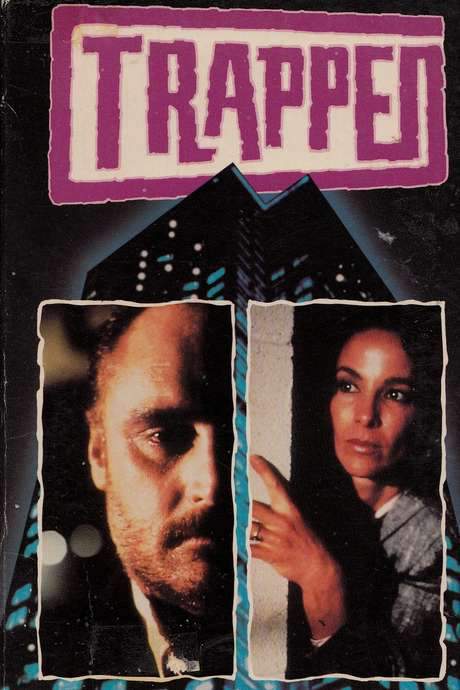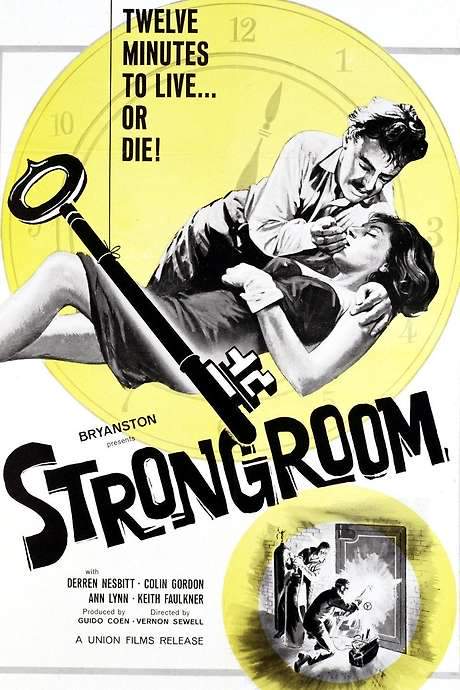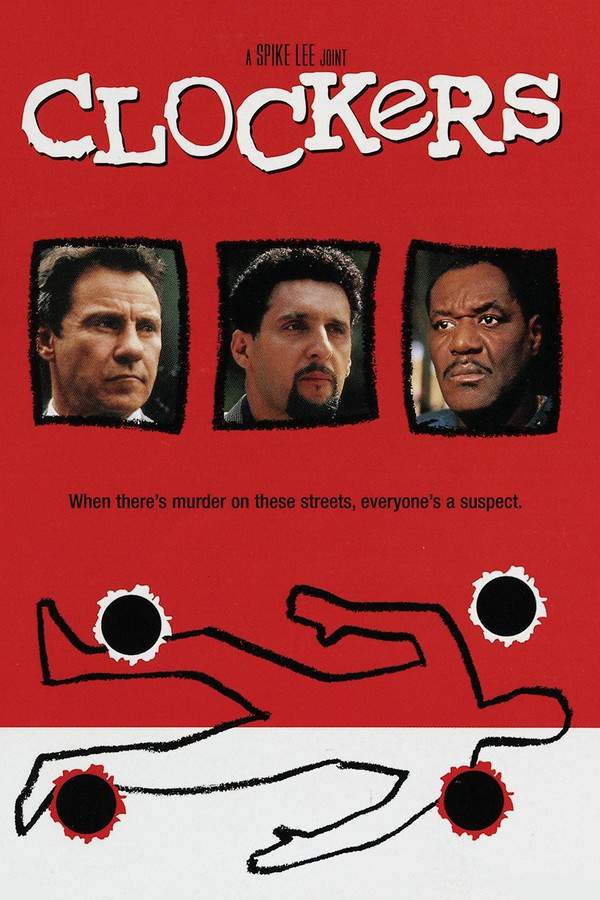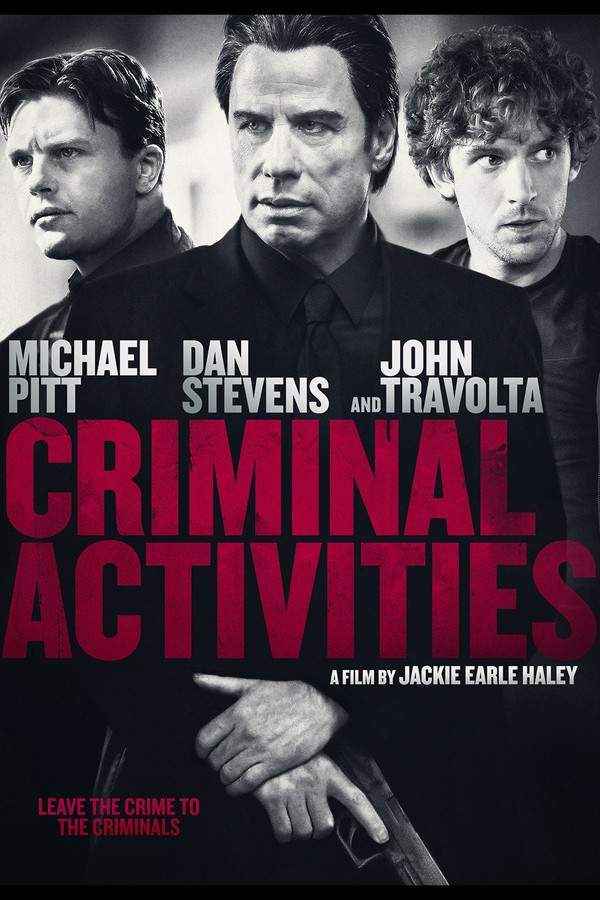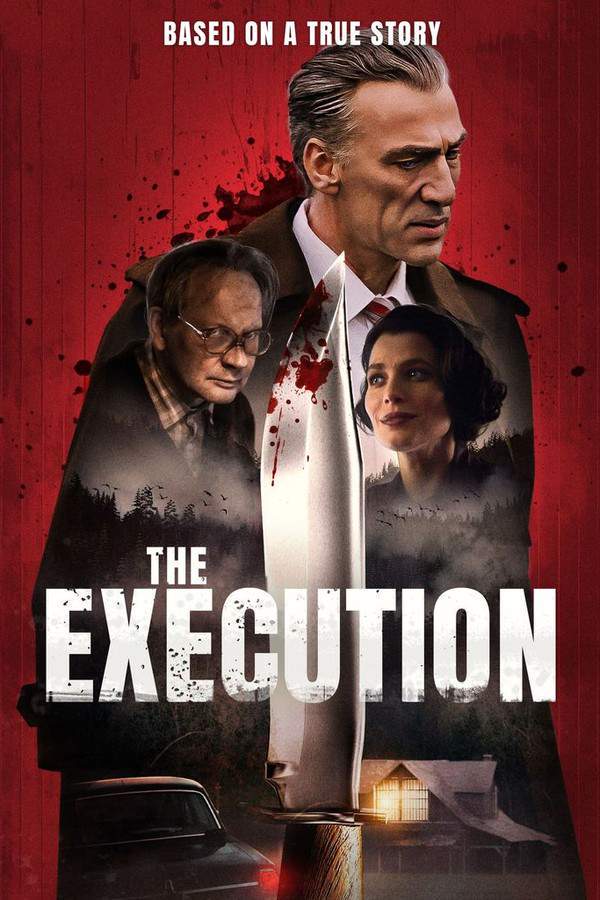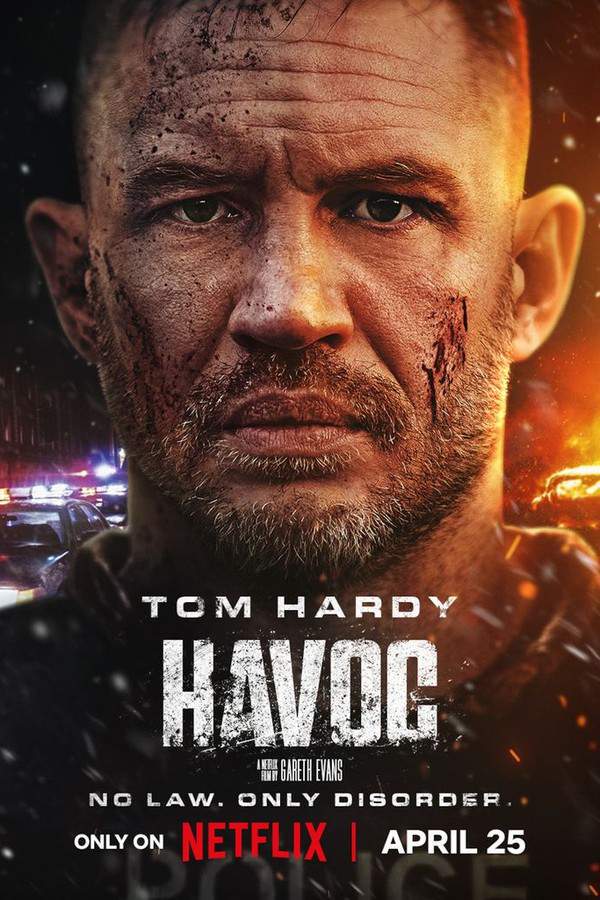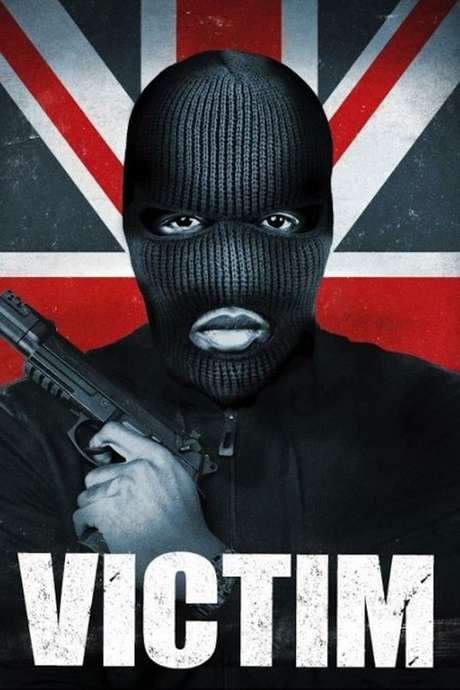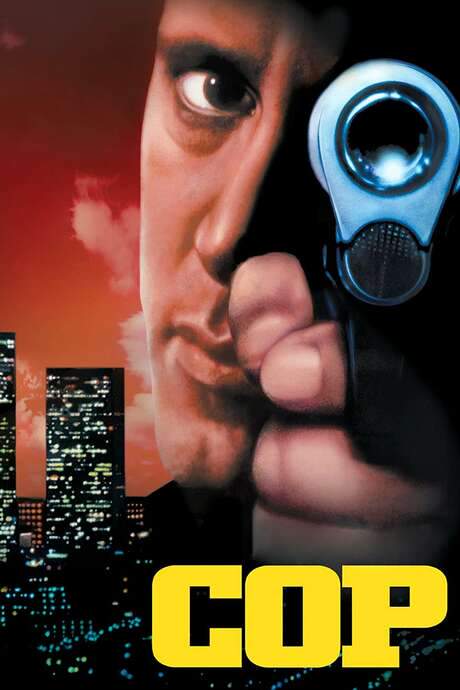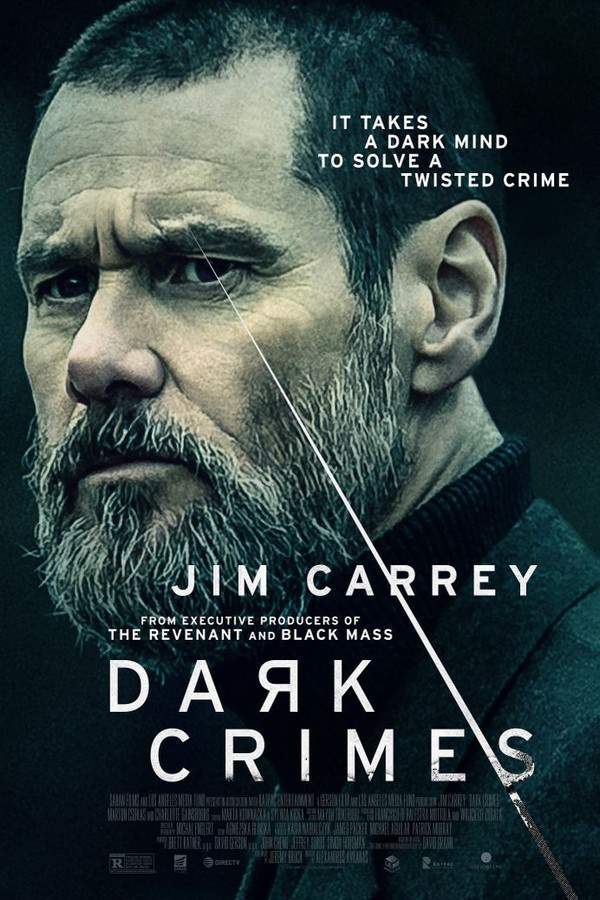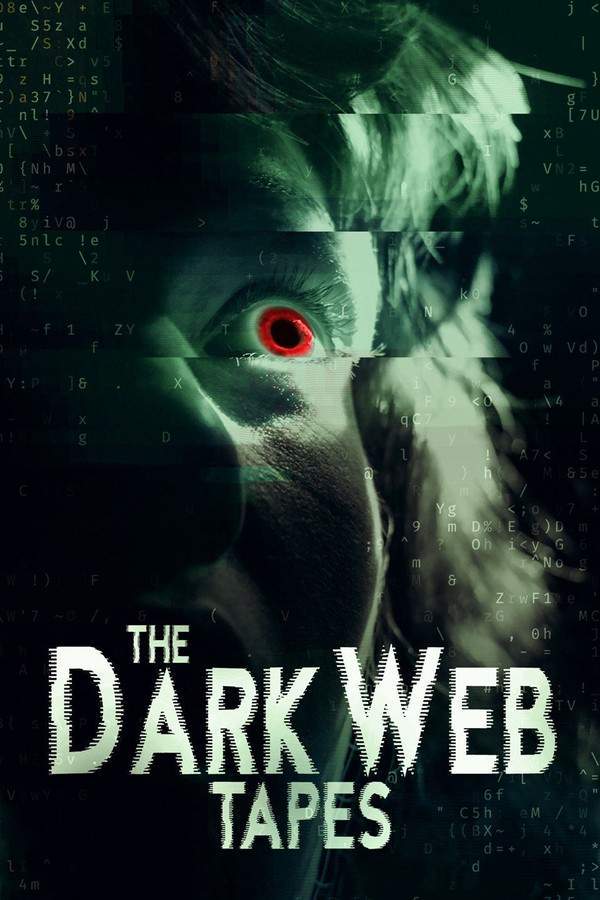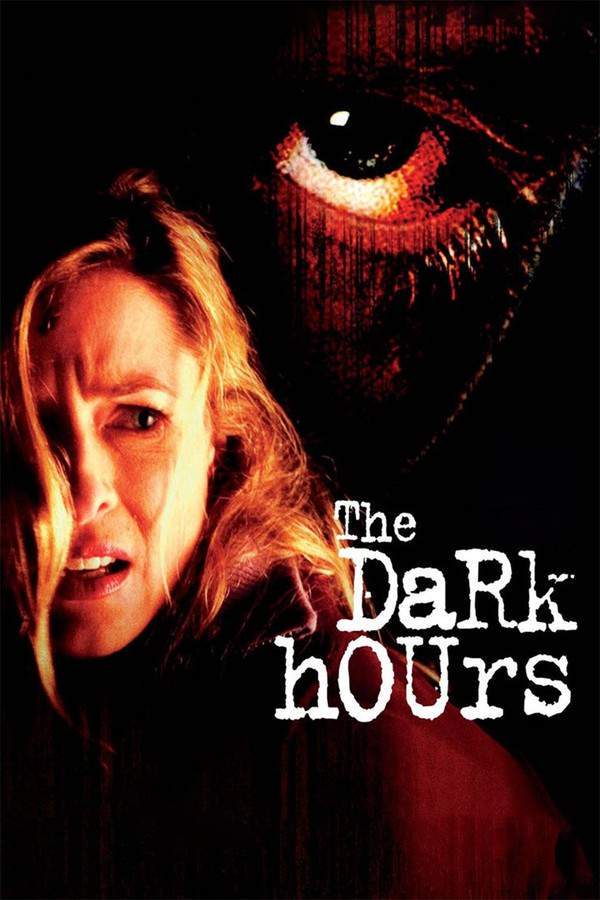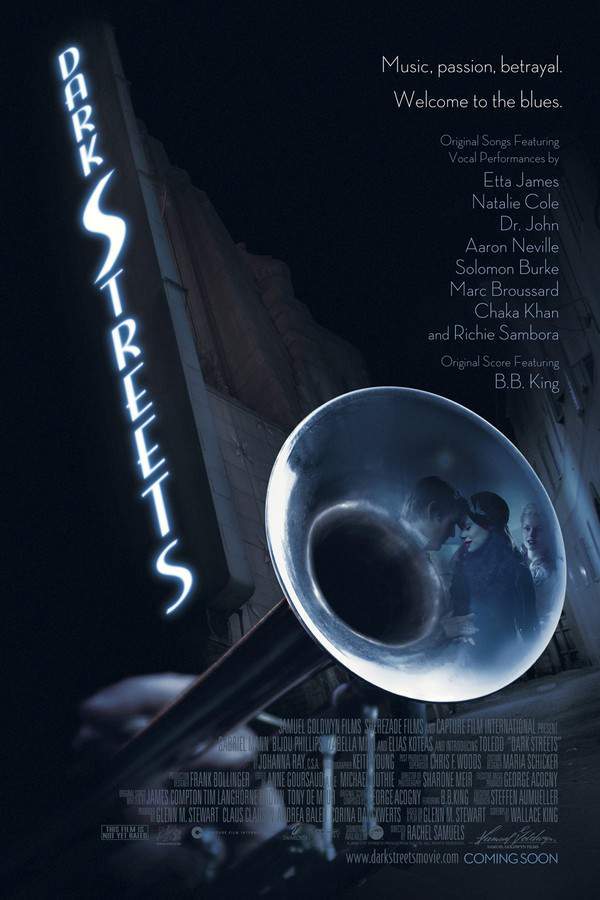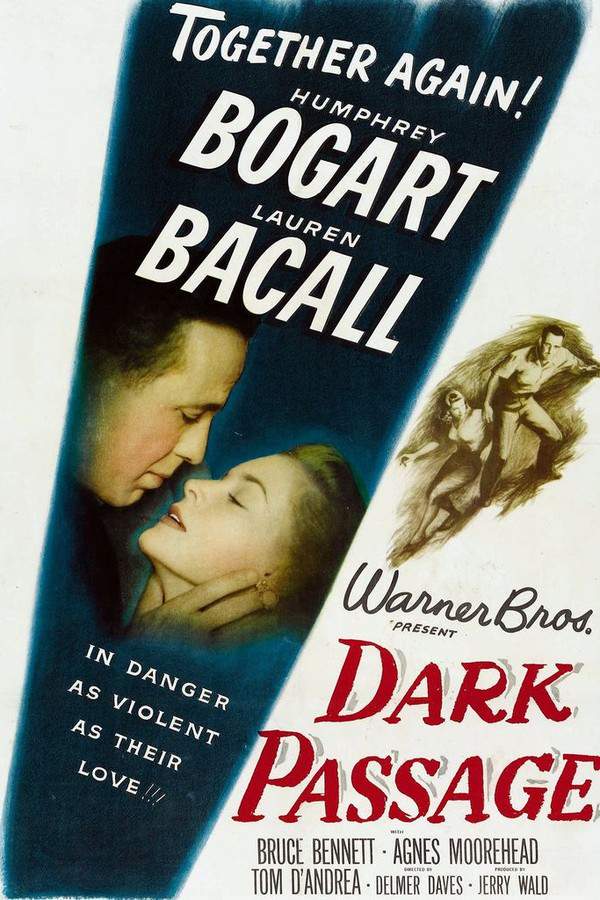
The Dark Past
Year: 1948
Runtime: 74 mins
Language: English
Director: Rudolph Maté
A tense suspense drama unfolds when a gang takes a family hostage inside their own home. The gang’s leader, recently escaped from prison, is haunted by a recurring dream that the family’s doctor might hold the key to deciphering his torment, adding a psychological edge to the ordeal.
Warning: spoilers below!
Haven’t seen The Dark Past yet? This summary contains major spoilers. Bookmark the page, watch the movie, and come back for the full breakdown. If you're ready, scroll on and relive the story!
Timeline & Setting – The Dark Past (1948)
Explore the full timeline and setting of The Dark Past (1948). Follow every major event in chronological order and see how the environment shapes the story, characters, and dramatic tension.
Last Updated: October 04, 2025 at 16:13
Main Characters – The Dark Past (1948)
Meet the key characters of The Dark Past (1948), with detailed profiles, motivations, and roles in the plot. Understand their emotional journeys and what they reveal about the film’s deeper themes.
Last Updated: October 04, 2025 at 16:13
Major Themes – The Dark Past (1948)
Explore the central themes of The Dark Past (1948), from psychological, social, and emotional dimensions to philosophical messages. Understand what the film is really saying beneath the surface.
Last Updated: October 04, 2025 at 16:13
Explore Movie Threads
Discover curated groups of movies connected by mood, themes, and story style. Browse collections built around emotion, atmosphere, and narrative focus to easily find films that match what you feel like watching right now.
Claustrophobic hostage thrillers like The Dark Past
Tense dramas where characters are trapped and forced into psychological confrontations.If you liked the tense, confined suspense of The Dark Past, explore more movies where a hostage situation creates a volatile pressure cooker. These films focus on psychological standoffs and the claustrophobic anxiety of being trapped, delivering similar high-intensity, character-driven drama.
Narrative Summary
Stories in this thread typically involve a group—often criminals—taking others hostage in a single location, creating a volatile standoff. The plot unfolds in real-time or over a compressed timeframe, focusing on the psychological warfare, shifting power dynamics, and the raw fear that erupts within the confined space.
Why These Movies?
These films are grouped together because they share a high-tension, claustrophobic mood built around a central hostage scenario. They prioritize suspense derived from confined settings, unpredictable character dynamics, and the constant threat of violence, creating a specific, nerve-wracking viewing experience.
Movies exploring criminal psychology like The Dark Past
Stories that dig into the psychological wounds and motivations of criminals.For viewers who appreciated the psychoanalytic depth in The Dark Past, this section features similar movies that delve into the traumatic origins of criminal behavior. These psychological dramas use therapy, dreams, or flashbacks to uncover the past wounds that shape violent characters.
Narrative Summary
The narrative pattern involves a criminal antagonist whose actions are driven by unprocessed psychological trauma, often from childhood. A protagonist, sometimes a doctor or investigator, attempts to understand or treat this psyche, using analysis or confrontation to bring the hidden past to light, blurring the lines between villain and victim.
Why These Movies?
These movies are united by their focus on the 'why' behind crime, not just the 'what'. They share a heavy emotional weight and a psychologically charged tone, using character study to explore themes of trauma, redemption, and the complex nature of evil.
Unlock the Full Story of The Dark Past
Don't stop at just watching — explore The Dark Past in full detail. From the complete plot summary and scene-by-scene timeline to character breakdowns, thematic analysis, and a deep dive into the ending — every page helps you truly understand what The Dark Past is all about. Plus, discover what's next after the movie.
The Dark Past Summary
Read a complete plot summary of The Dark Past, including all key story points, character arcs, and turning points. This in-depth recap is ideal for understanding the narrative structure or reviewing what happened in the movie.

The Dark Past Timeline
Track the full timeline of The Dark Past with every major event arranged chronologically. Perfect for decoding non-linear storytelling, flashbacks, or parallel narratives with a clear scene-by-scene breakdown.

The Dark Past Spoiler-Free Summary
Get a quick, spoiler-free overview of The Dark Past that covers the main plot points and key details without revealing any major twists or spoilers. Perfect for those who want to know what to expect before diving in.

More About The Dark Past
Visit What's After the Movie to explore more about The Dark Past: box office results, cast and crew info, production details, post-credit scenes, and external links — all in one place for movie fans and researchers.

Similar Movies to The Dark Past
Discover movies like The Dark Past that share similar genres, themes, and storytelling elements. Whether you’re drawn to the atmosphere, character arcs, or plot structure, these curated recommendations will help you explore more films you’ll love.
Explore More About Movie The Dark Past
The Dark Past (1948) Plot Summary & Movie Recap
The Dark Past (1948) Scene-by-Scene Movie Timeline
The Dark Past (1948) Spoiler-Free Summary & Key Flow
Movies Like The Dark Past – Similar Titles You’ll Enjoy
Dark Crimes (2018) Ending Explained & Film Insights
The Dark (2018) Movie Recap & Themes
The Dark Hours (2005) Story Summary & Characters
Dark Streets (2008) Plot Summary & Ending Explained
Dark Passage (1947) Film Overview & Timeline
In the Dark (1000) Plot Summary & Ending Explained
Towards Darkness (2007) Movie Recap & Themes
A Dark Foe (2021) Ending Explained & Film Insights
The Dark Man (1951) Story Summary & Characters
Dark Places (1973) Complete Plot Breakdown
The Dark Corner (1946) Movie Recap & Themes
The Dark Hour (1936) Detailed Story Recap
The Dark (1979) Detailed Story Recap
Dark City (1950) Complete Plot Breakdown
Dark Shadows (1944) Spoiler-Packed Plot Recap

